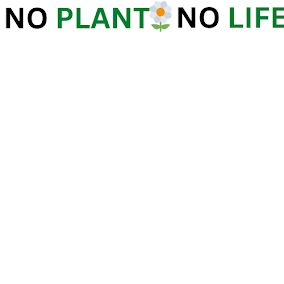Eggshells are a well-known addition to compost, but did you know that the water used to boil eggs can also be beneficial for your garden?
Boiled egg water is a natural, nutrient-rich fertilizer that provides plants with essential minerals.
Whether you’re repurposing the water from hard-boiled eggs or creating an “eggshell tea” with leftover shells, this simple gardening trick can enhance plant growth.
Here’s how to use boiled egg water effectively and what you need to know about its benefits.
Why Eggshells Are Beneficial for Plants
Eggshells contain several important nutrients that can enrich soil health. The primary component of eggshells is calcium carbonate, the same substance found in garden lime, which helps raise soil pH and make it more alkaline.
Calcium plays a crucial role in plant development. It strengthens cell walls, promotes healthy root and shoot growth, and prevents disorders like blossom-end rot.
Some fruit-bearing plants, including tomatoes, peppers, and squash, can develop black, decayed spots when they suffer from a calcium deficiency, often exacerbated by inconsistent watering.
However, not all plants benefit from calcium-rich soil. While crops like tomatoes, eggplants, cabbage, and roses thrive with added calcium, acid-loving plants such as blueberries, azaleas, and geraniums may struggle if the soil becomes too alkaline. Conducting a soil test can help determine if your plants will benefit from eggshell water.
Beyond calcium, eggshells also contain trace amounts of potassium, phosphorus, and magnesium, which support essential processes like photosynthesis.
How to Make and Use Boiled Eggshell Water
Whenever you hard-boil eggs, you have an easy opportunity to create eggshell water instead of discarding the cooking liquid.
This water can be used to hydrate and nourish your plants simultaneously. Be sure to let it cool to room temperature before application.
You can also prepare eggshell water using empty shells collected from meals.
Here’s a simple method to make eggshell-infused water:
- Bring one gallon of water to a boil.
- Add 10–20 rinsed eggshells to the boiling water.
- Let the shells soak as the water cools overnight.
- Strain out the eggshells before using the water in your garden.
Once ready, pour the slightly cloudy water directly onto the soil near plant roots. For optimal results, apply about two cups of eggshell water per plant once a week. You can also store any extra water in a sealed container for later use.
How Effective Is Eggshell Water?
Many gardeners wonder how much calcium plants actually receive from eggshell water. Research by Jeff Gillman, author of The Truth About Garden Remedies, found that soaking one eggshell in water for 24 hours releases only about 4 milligrams of calcium and potassium.
Considering that a whole eggshell contains approximately 2,200 milligrams of calcium, this method provides only a small fraction of the total nutrient potential.
David Austin, a horticulture expert at the University of Florida IFAS, suggests that while eggshell water does offer some calcium, its impact is minimal.
To maximize calcium availability, he recommends crushing eggshells into a fine powder before incorporating them into the soil or compost.
Final Thoughts
While boiled egg water does provide a slight nutrient boost, it is not a high-dose calcium source. However, using it in the garden is a great way to avoid waste while giving plants a gentle infusion of minerals.
If you’re looking for a more significant calcium supplement, consider drying and grinding eggshells into powder or choosing a calcium-rich fertilizer. Either way, repurposing eggshells helps reduce kitchen waste while supporting plant health.








No comments:
Post a Comment